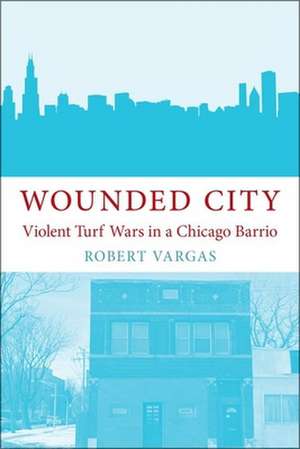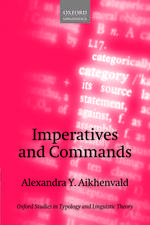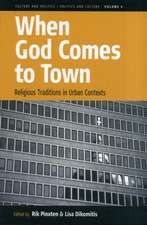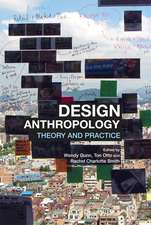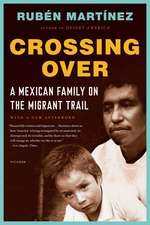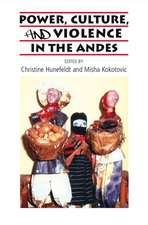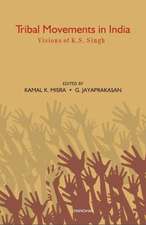Wounded City: Violent Turf Wars in a Chicago Barrio
Autor Robert Vargasen Limba Engleză Paperback – 18 mai 2016
Through an ethnographic case study of Chicago's Little Village neighborhood, Wounded City dispells the popular belief that a lack of community is the primary source of violence, arguing that competition for political power and state resources often undermine efforts to reduce gang violence. Robert Vargas argues that the state, through the way it governs, can contribute to distrust and division among community members, thereby undermining social cohesion. The strategic actions taken by police officers, politicians, nonprofit organizations, and gangs to collaborate or compete for power and resources can vary block by block, triggering violence on some blocks while successfully preventing it on others.
A rich blend of urban politics, sociology, and criminology, Wounded City offers a cautionary tale for elected officials, state agencies, and community based organizations involved with poor neighborhoods.
Preț: 334.12 lei
Nou
Puncte Express: 501
Preț estimativ în valută:
63.93€ • 66.92$ • 53.21£
63.93€ • 66.92$ • 53.21£
Carte disponibilă
Livrare economică 10-24 martie
Preluare comenzi: 021 569.72.76
Specificații
ISBN-13: 9780190245917
ISBN-10: 0190245913
Pagini: 280
Ilustrații: 27 bw line art; 2 bw halftone
Dimensiuni: 139 x 209 x 15 mm
Greutate: 0.32 kg
Editura: Oxford University Press
Colecția OUP USA
Locul publicării:New York, United States
ISBN-10: 0190245913
Pagini: 280
Ilustrații: 27 bw line art; 2 bw halftone
Dimensiuni: 139 x 209 x 15 mm
Greutate: 0.32 kg
Editura: Oxford University Press
Colecția OUP USA
Locul publicării:New York, United States
Descriere
In 2009, Chicago spent millions of dollars to create programs to prevent gang violence in some of its most disadvantaged neighborhoods. Yet in spite of the programs, violence has grown worse in some of the very neighborhoods that the violence prevention programs were intented to help. While public officials and social scientists often attribute the violence - and the failure of the programs - to a lack of community in poor neighborhoods, closer study reveals anothersource of community division: local politics.Through an ethnographic case study of Chicago's Little Village neighborhood, Wounded City dispells the popular belief that a lack of community is the primary source of violence, arguing that competition for political power and state resources often undermine efforts to reduce gang violence. Robert Vargas argues that the state, through the way it governs, can contribute to distrust and division among community members, thereby undermining social cohesion. The strategic actions taken bypolice officers, politicians, nonprofit organizations, and gangs to collaborate or compete for power and resources can vary block by block, triggering violence on some blocks while successfully preventing it on others. A rich blend of urban politics, sociology, and criminology, Wounded City offers a cautionary tale for elected officials, state agencies, and community based organizations involved with poor neighborhoods.
Notă biografică
Robert Vargas is Assistant Professor of Sociology at the University of Notre Dame.
